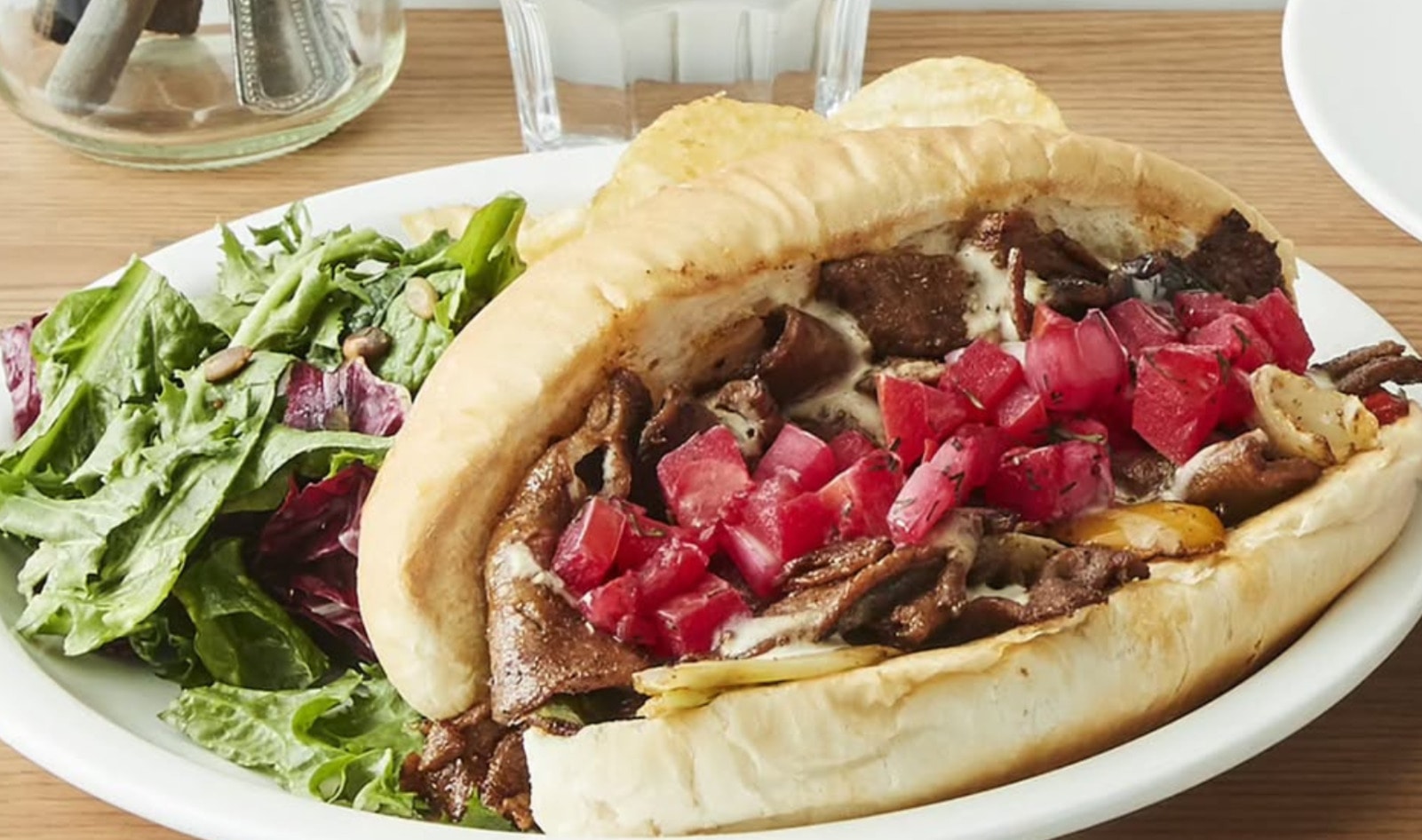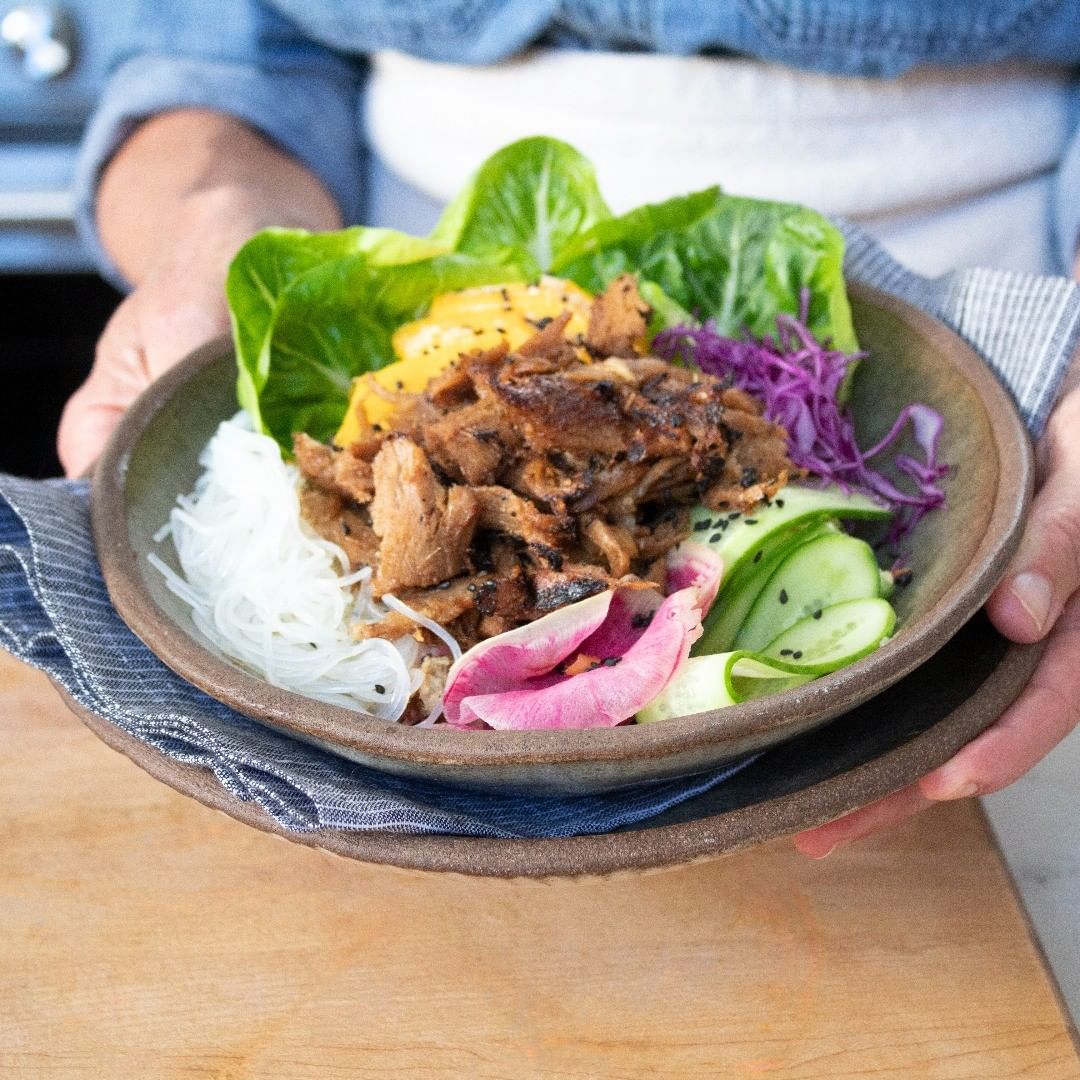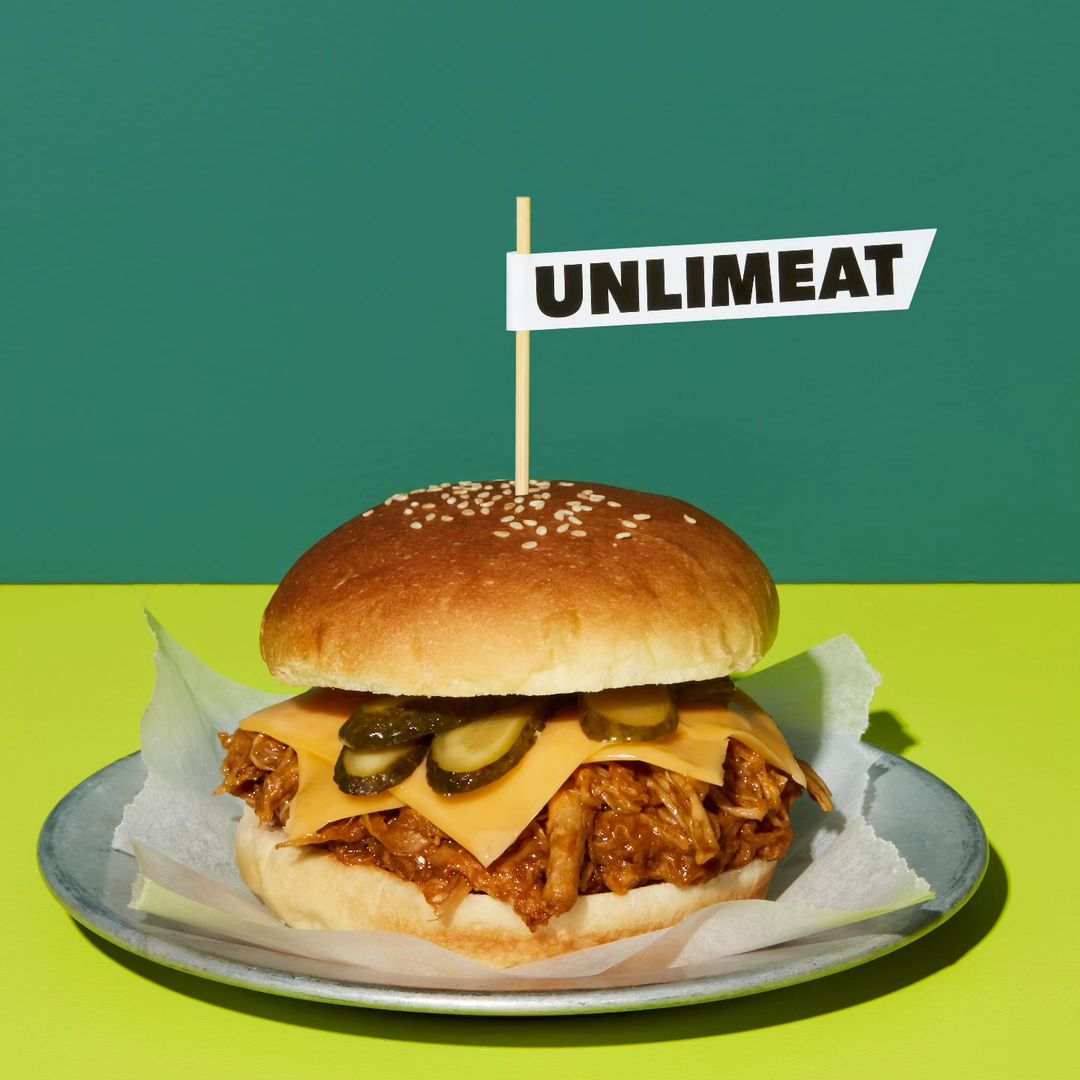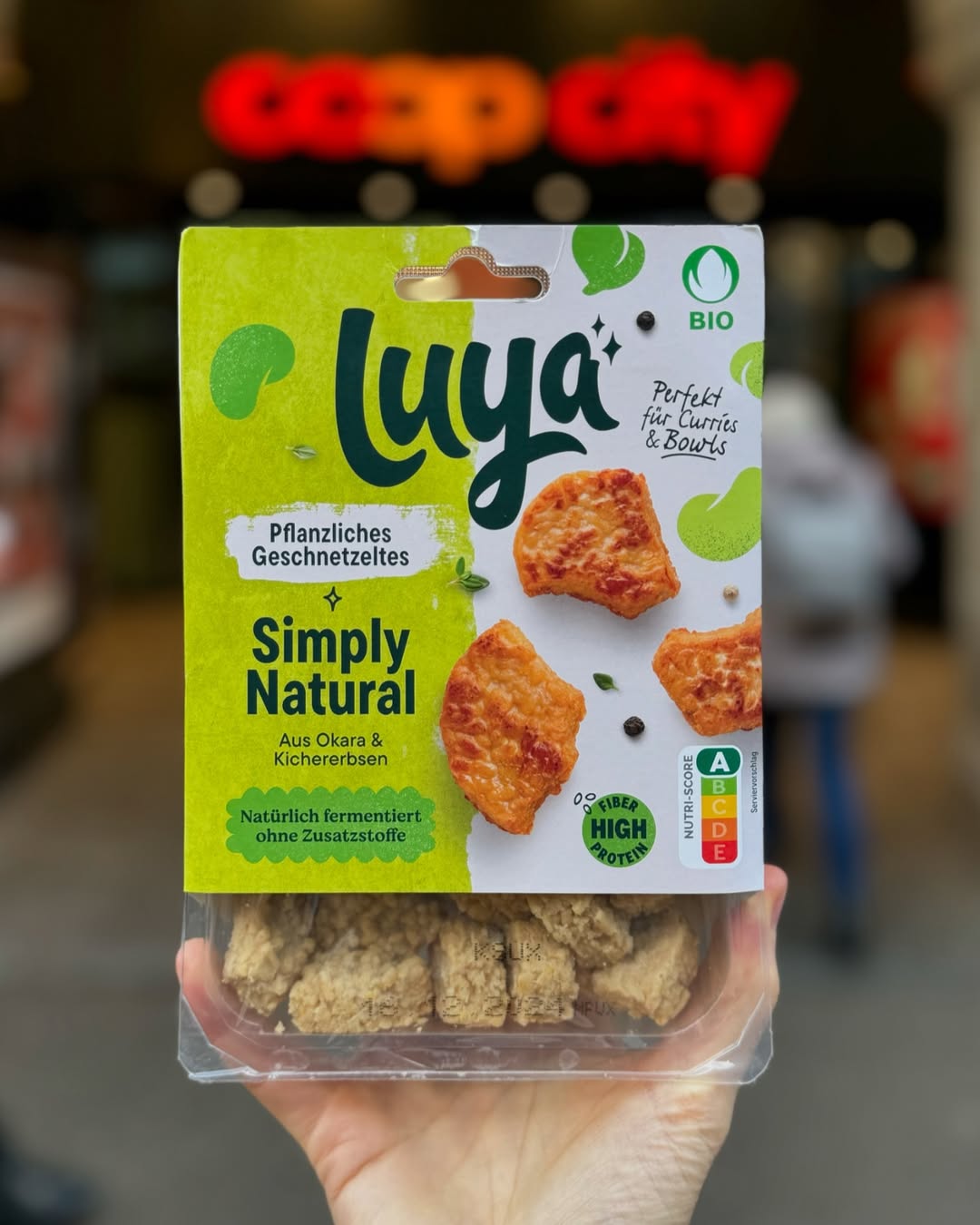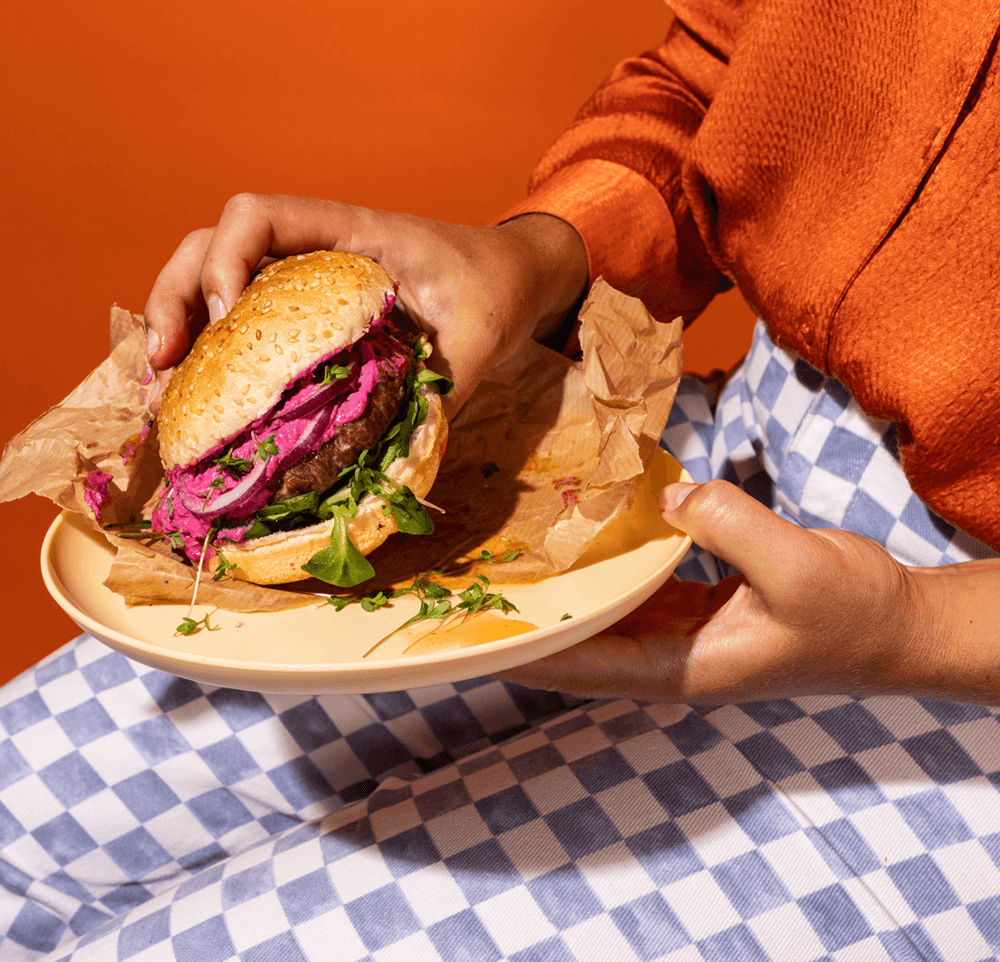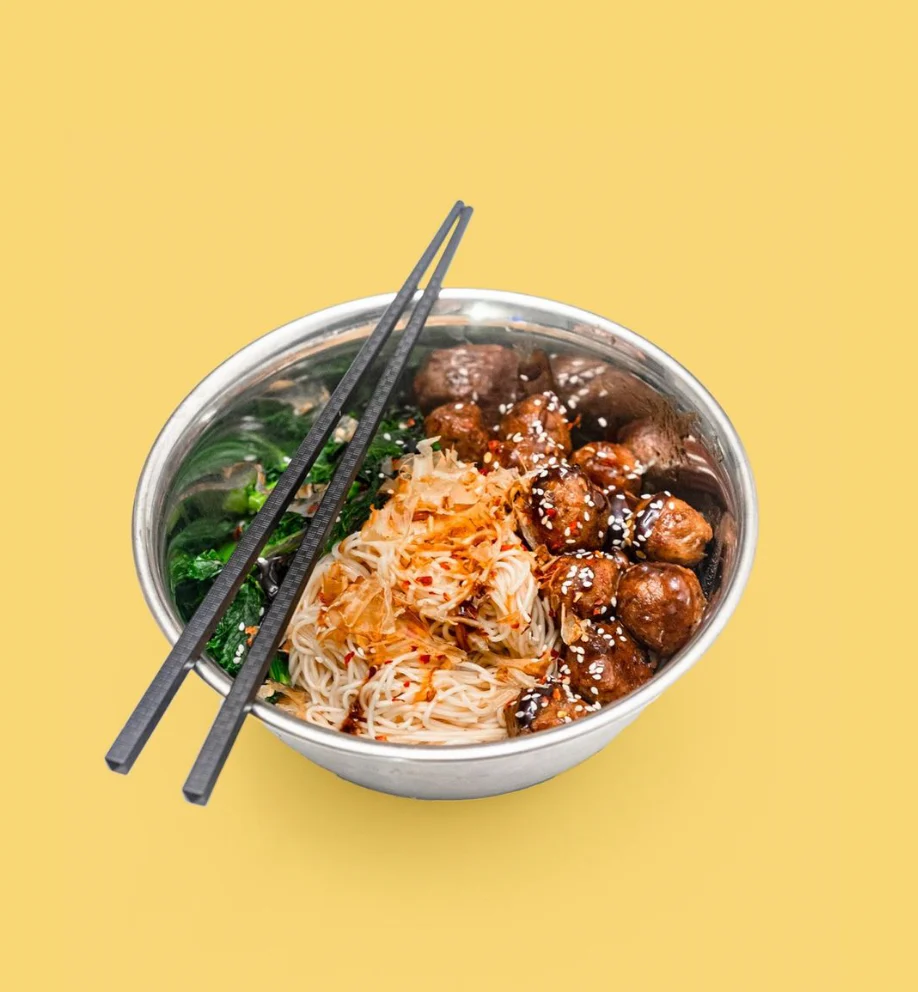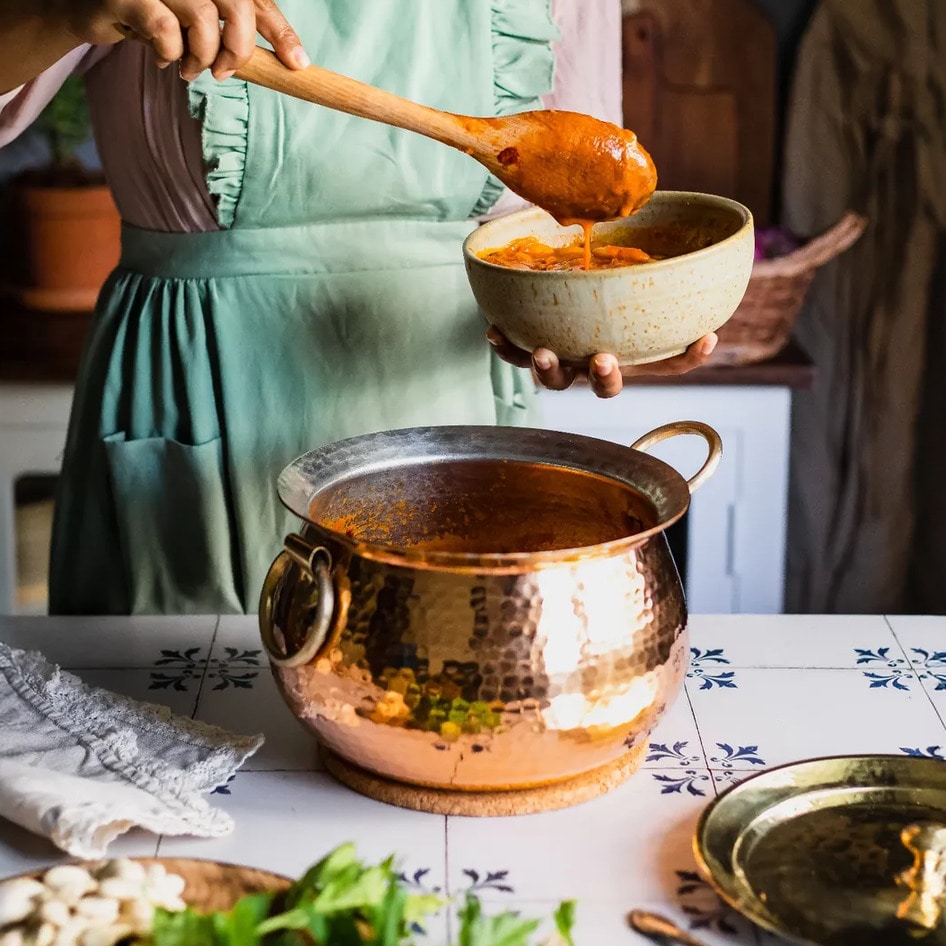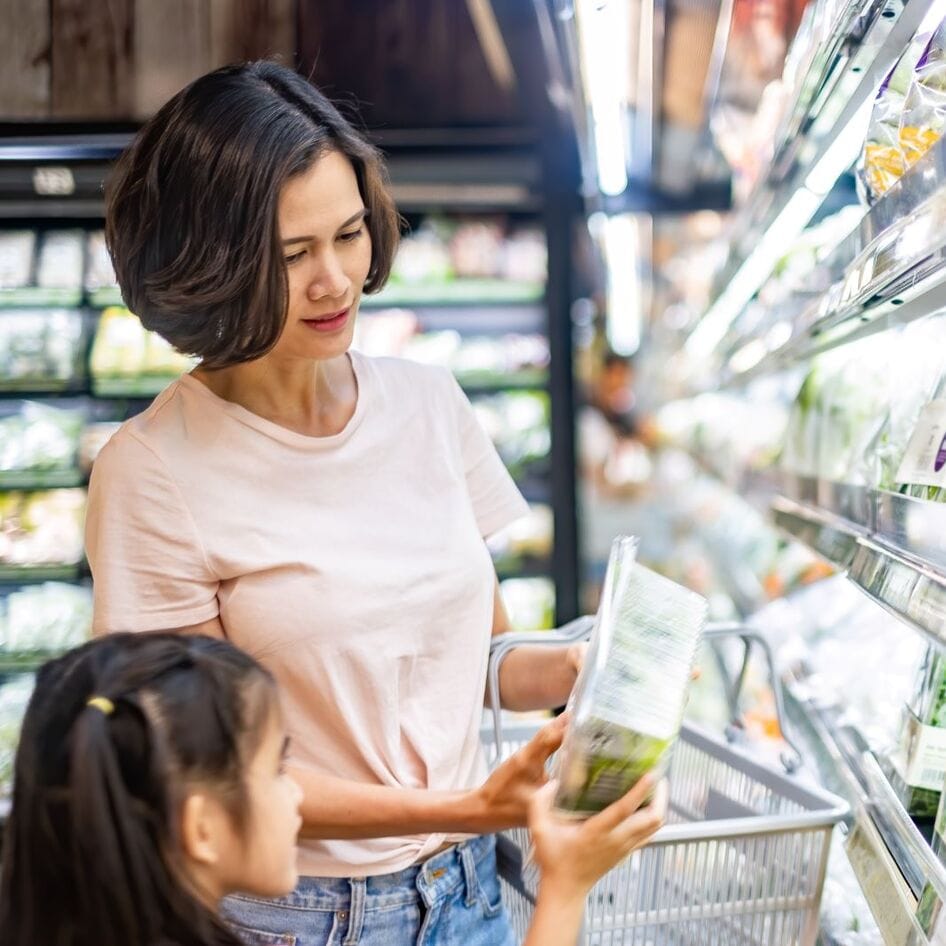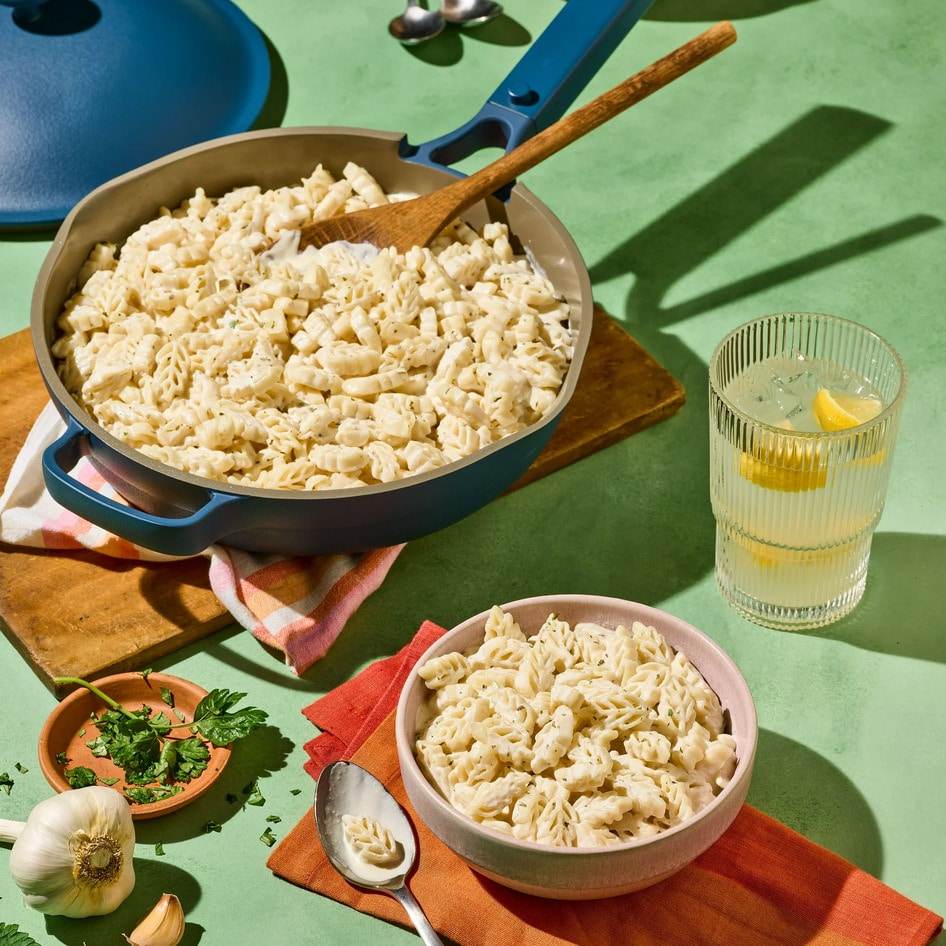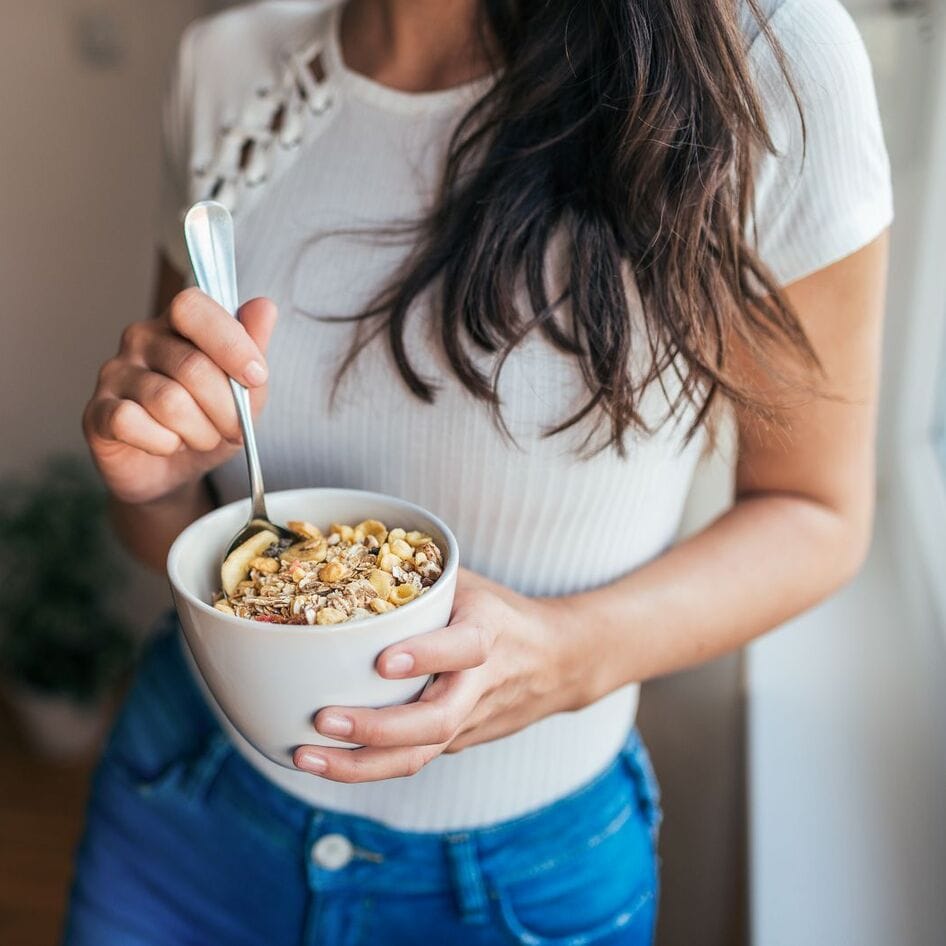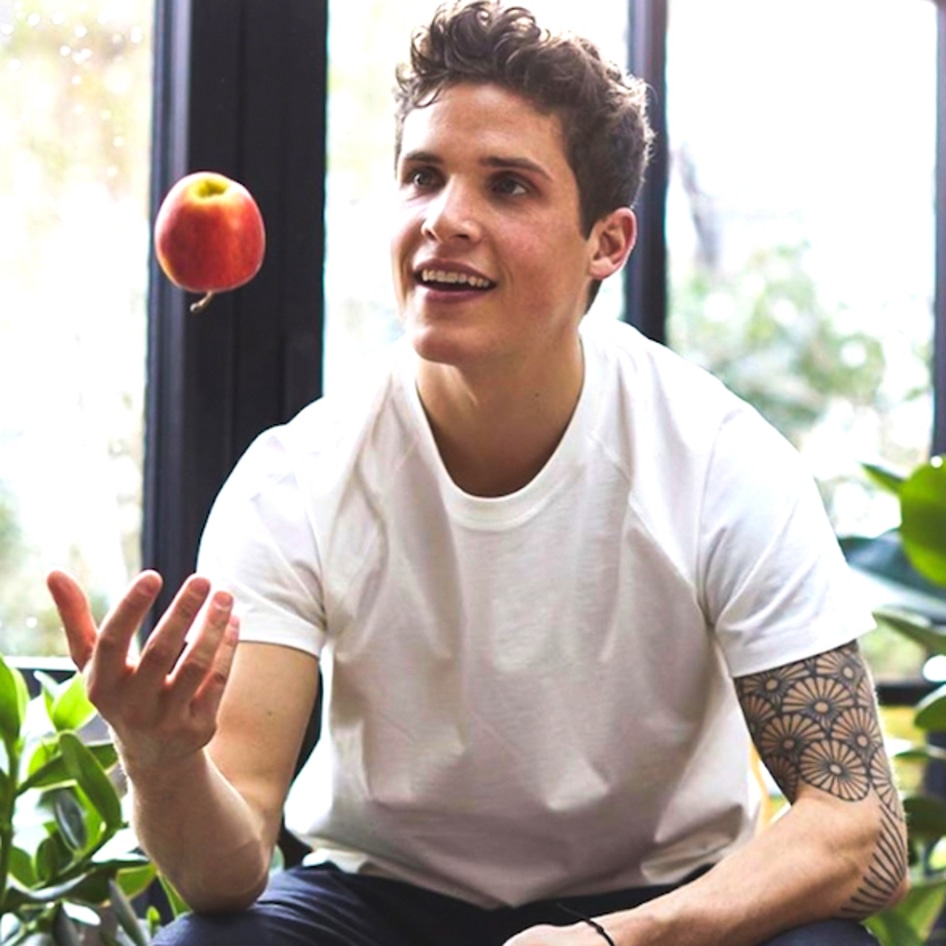Around one-third of the world’s food is wasted every year, research indicates. It’s a devastating statistic, especially when you consider that nearly one in 10 people around the world are going to bed hungry every single night. But on top of this, it’s also bad news for the planet. That’s because when food is thrown away or lost, it also means that all of the resources used to produce it are wasted. Plus, food sent to landfills emits methane, a greenhouse gas 25 times more potent than carbon dioxide.
But it’s not all bad news. There are things we can do to reduce food waste, such as buying from brands that are upcycling ingredients and turning them into vegan meat and dairy. The brands below are turning food waste into delicious, nutritious new products.
Why is it important to reduce food waste?
The food industry depends heavily on resources to keep our grocery stores stocked. These are things like water, land, and energy, for example, that help keep crops nourished. Take potatoes, which are loved by people all over the world. Every year, nearly 6 million potatoes are discarded, but, according to The Guardian, it takes more than 280 liters of water to produce one kilogram of the root vegetable. When the potatoes are thrown away, all of that water has gone to waste, too.
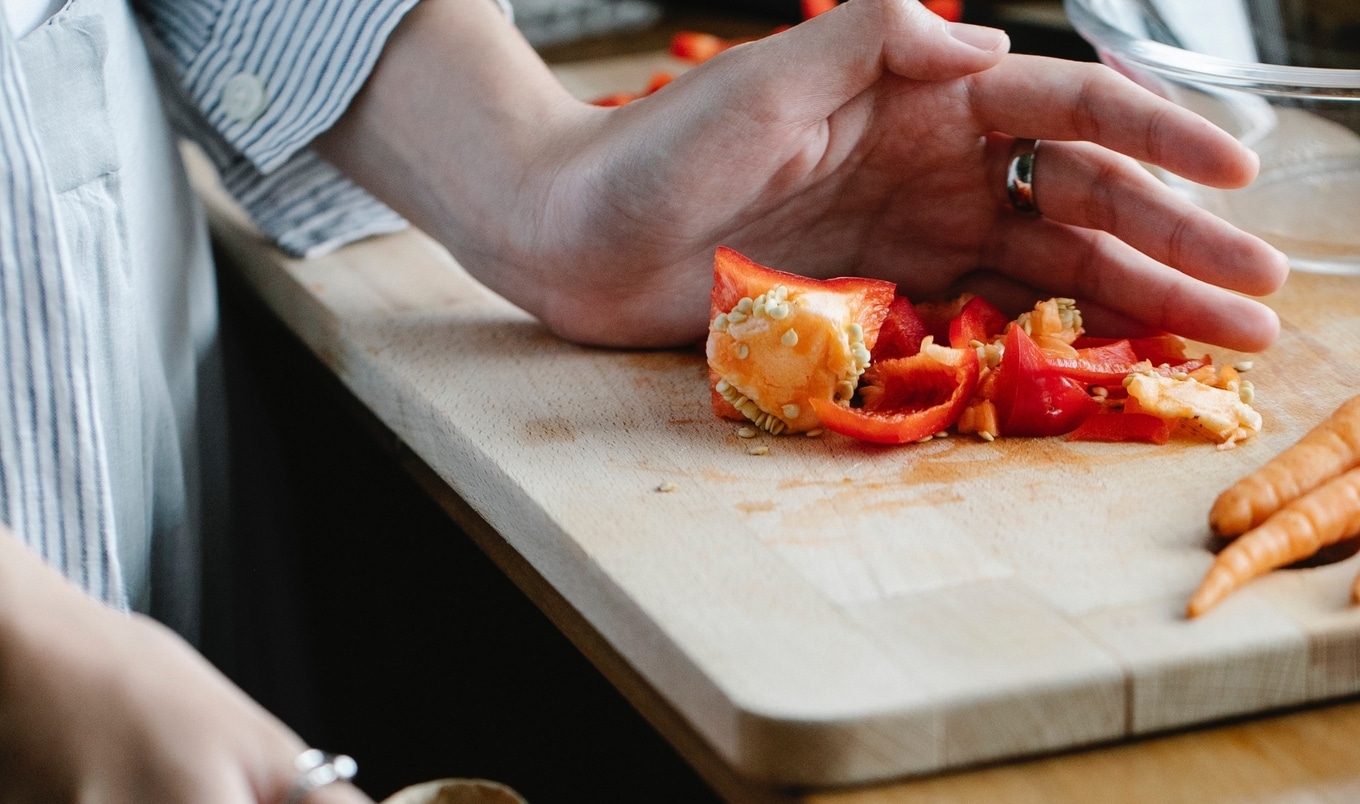 Sarah Chai | Pexels
Sarah Chai | Pexels
Transporting food all over the world is also incredibly taxing on the environment. In fact, transport accounts for around 19 percent of total food system emissions. Without a doubt, wasting food makes that impact even worse.
There are things we can do to reduce food waste from home (find tips from vegan chef Max La Manna here!), but much of the wastage is out of our hands—it happens during production, processing, or distribution, for example. And that’s where brands can step in to help.
Vegan protein brands reducing food waste
Check out the brands below that are helping reduce the amount of food that is wasted every year, and making delicious new products at the same time.
BECOME A VEGNEWS VIP: Get exclusive product deals, freebies, and perks galore!
1 Planetarians
Based in San Francisco, Planetarians is making whole cuts of plant-based protein, like BBQ-Style Strips and Chef’s Cut Tenders, with upcycled ingredients, or, more specifically, “unavoidable co-products” from the food and beverage industries, like spent yeast (which is used in fermentation and then discarded). According to the brand, usually, these products would go to feed animals in the livestock industry, but because animal agriculture is also devastating for the planet, making them into new plant-based food products is preferable. In fact, Planetarians notes that every kilogram of its vegan meat emits 32 fewer kilograms of carbon dioxide than animal meat. Right now, Planetarians is selling its vegan meat products to schools.
FIND it here
2 Unlimeat
Korean brand Unlimeat upcycles excess grains, like wheat and rice, and turns them into delicious vegan meat products “designed for global cuisines.” Its first product was Plant-Based Korean BBQ, a thinly sliced vegan meat that’s high in protein but contains zero trans fats or cholesterol. Now, it offers several meaty products, including vegan pulled pork, fried chicken, and jerky—all made from waste.
FIND it here
3 Luya Foods
Swiss brand Luya Foods relies on okara, or soy pulp, from tofu and soy milk production to make its range of tasty vegan meat products, which include Simply Natural chunks, Savory Teriyaki strips and Super Crispy nuggets. “We have created a process—based on traditional fermentation methods—to turn okara into incredibly delicious, juicy, and nutritious all-rounders that are rich in fiber and easily absorbable iron and offer a complete protein profile with all nine essential amino acids,” the brand notes.
FIND IT HERE
4 Revyve
Based in the Netherlands, Revyve specializes in the development of sustainable ingredients, some of which are created with upcycled yeast. While the ingredients can be used in many formats, including baked goods and pastas, the food tech brand notes that they are particularly suited for use in vegan meat products. “In combination with pea, wheat, or other novel proteins, we deliver a texture and mouthfeel that outclasses soy protein,” Revyve’s website reads.
FIND IT HERE
5 Shroomeats
Whether you’re in the mood for meatballs, burgers, or ground meat, Shroomeats has got you covered. Even better? All of its vegan products are minimally processed and with just six ingredients, including shiitake mushrooms, which have been salvaged from the food industry. “We take the not-so-pretty (but equally delicious and nutritious) shiitake mushrooms that otherwise would be thrown away, and use them in Shroomeats, creating an even more sustainable product,” notes the brand.
Find it here
For more plant-based stories like this, read:
JUMP TO ... Latest News | Recipes | Guides | Health | Subscribe
Here at VegNews, we live and breathe the plant-based lifestyle, and only recommend products we feel make our lives amazing. Occasionally, articles may include shopping links where we might earn a small commission, but in no way does this effect the editorial integrity of VegNews.

